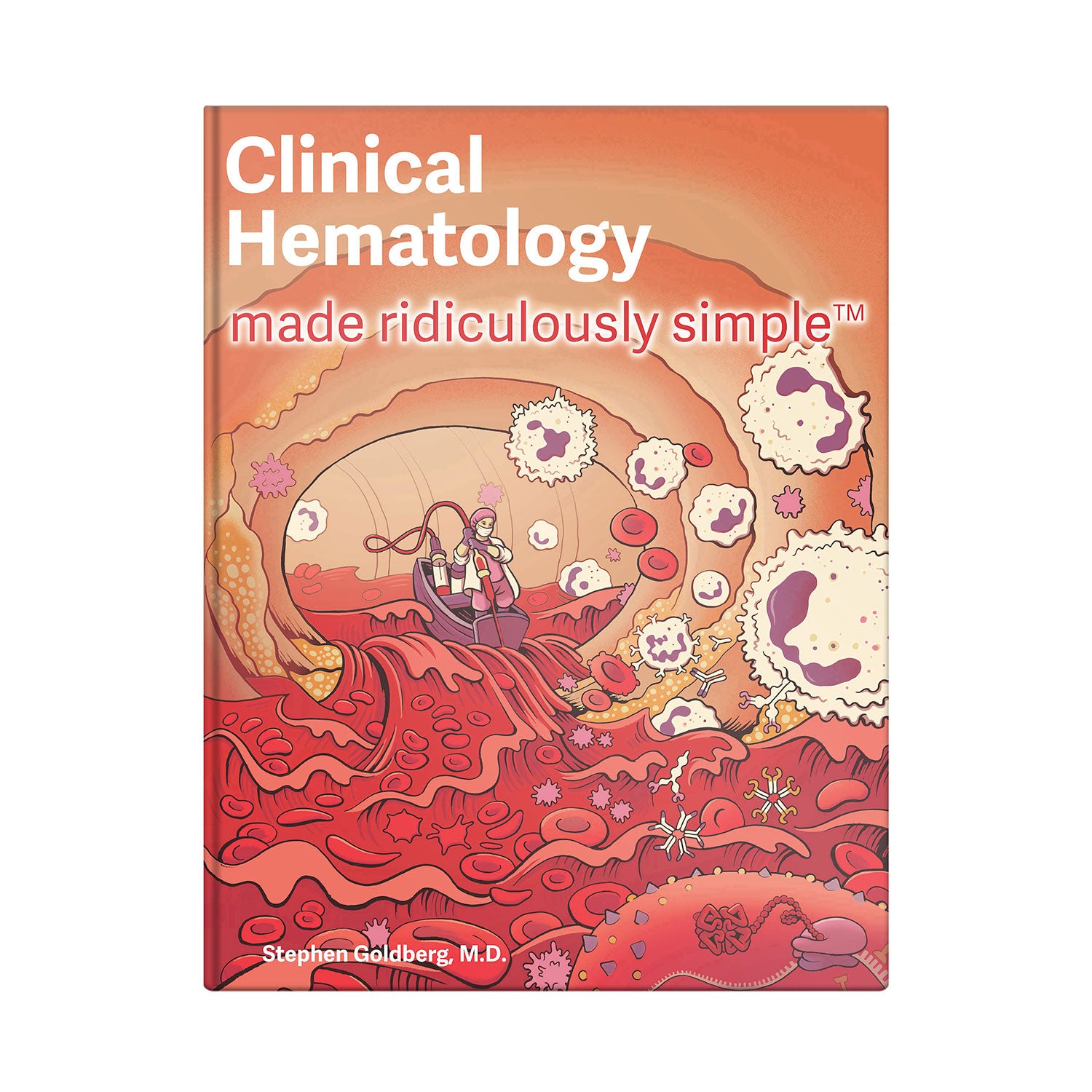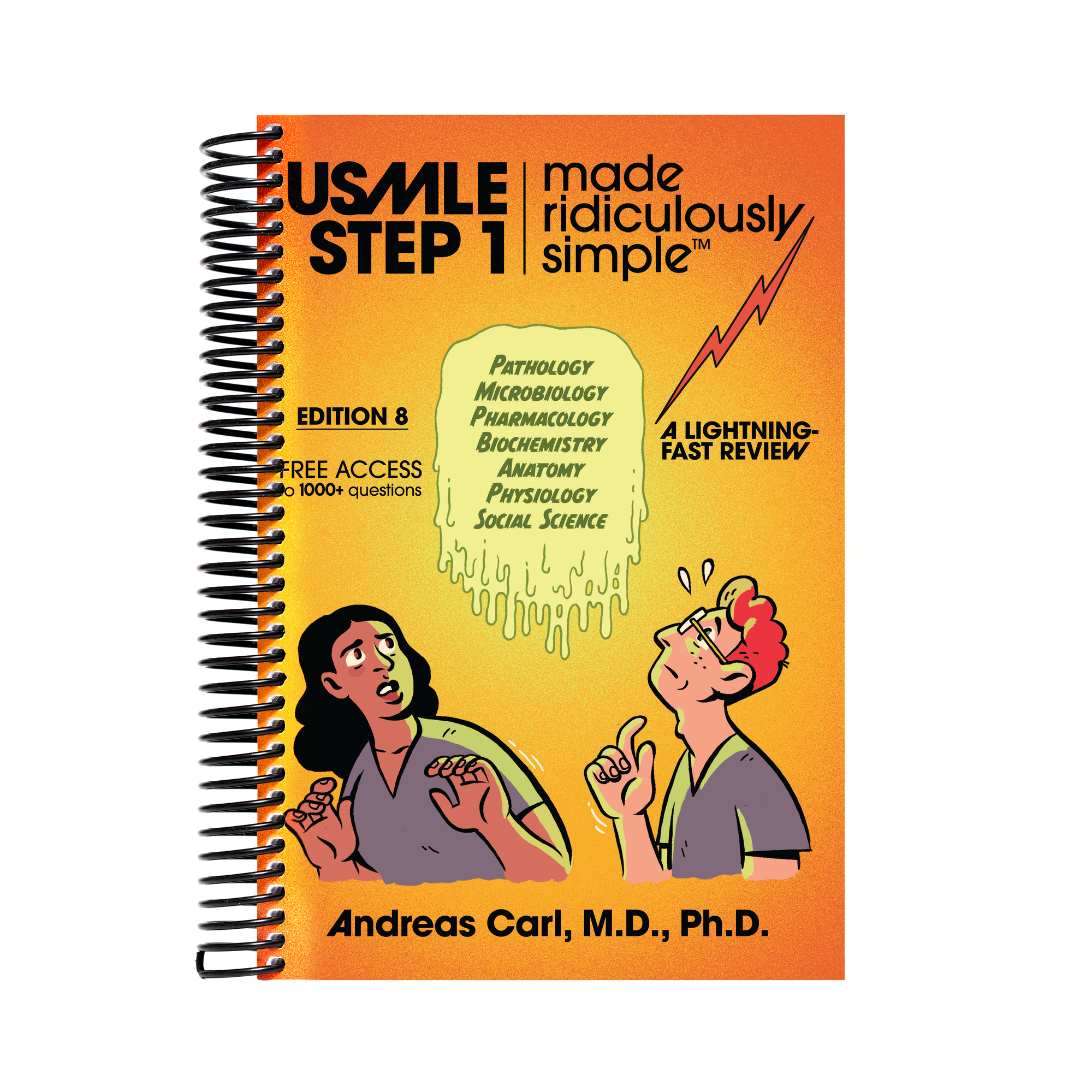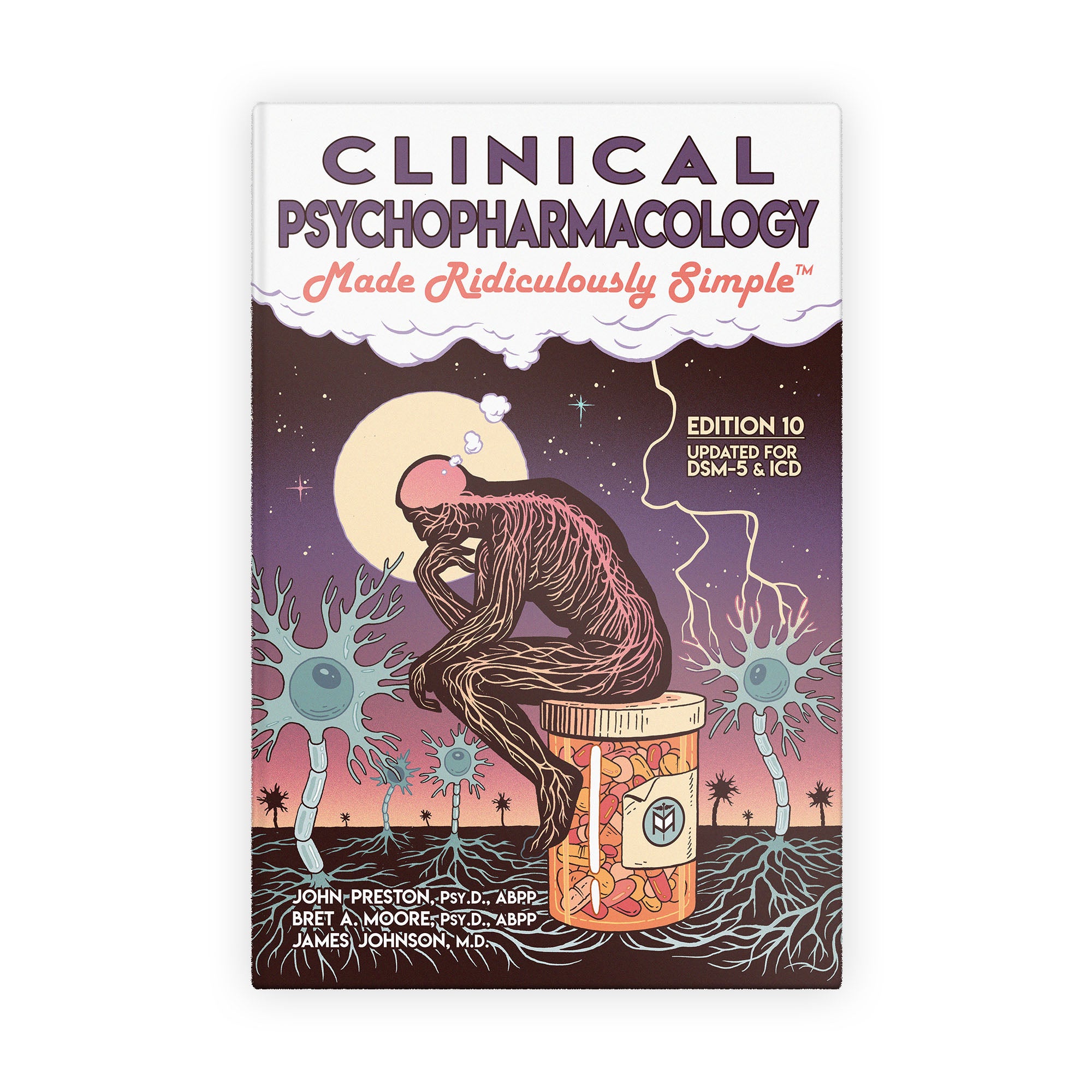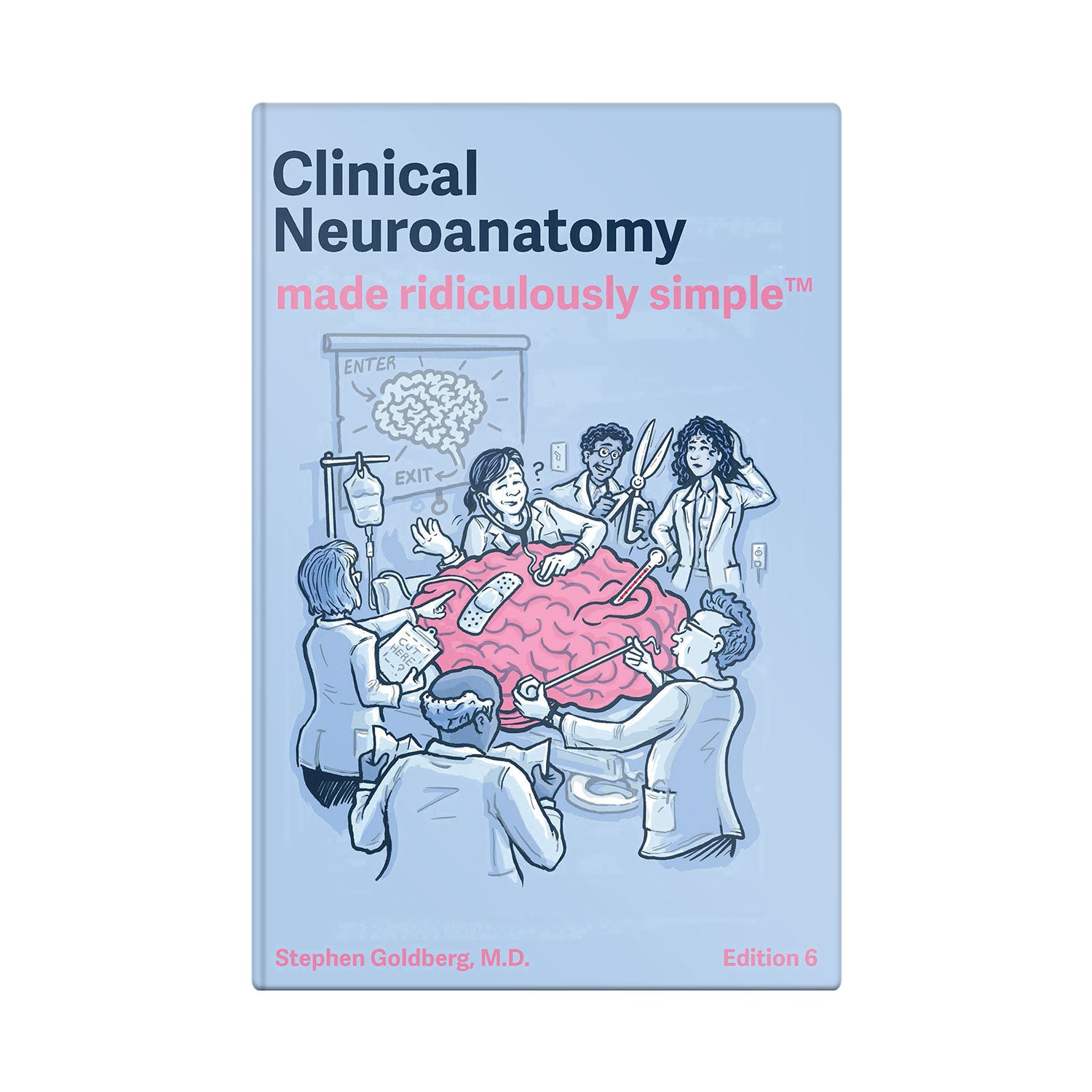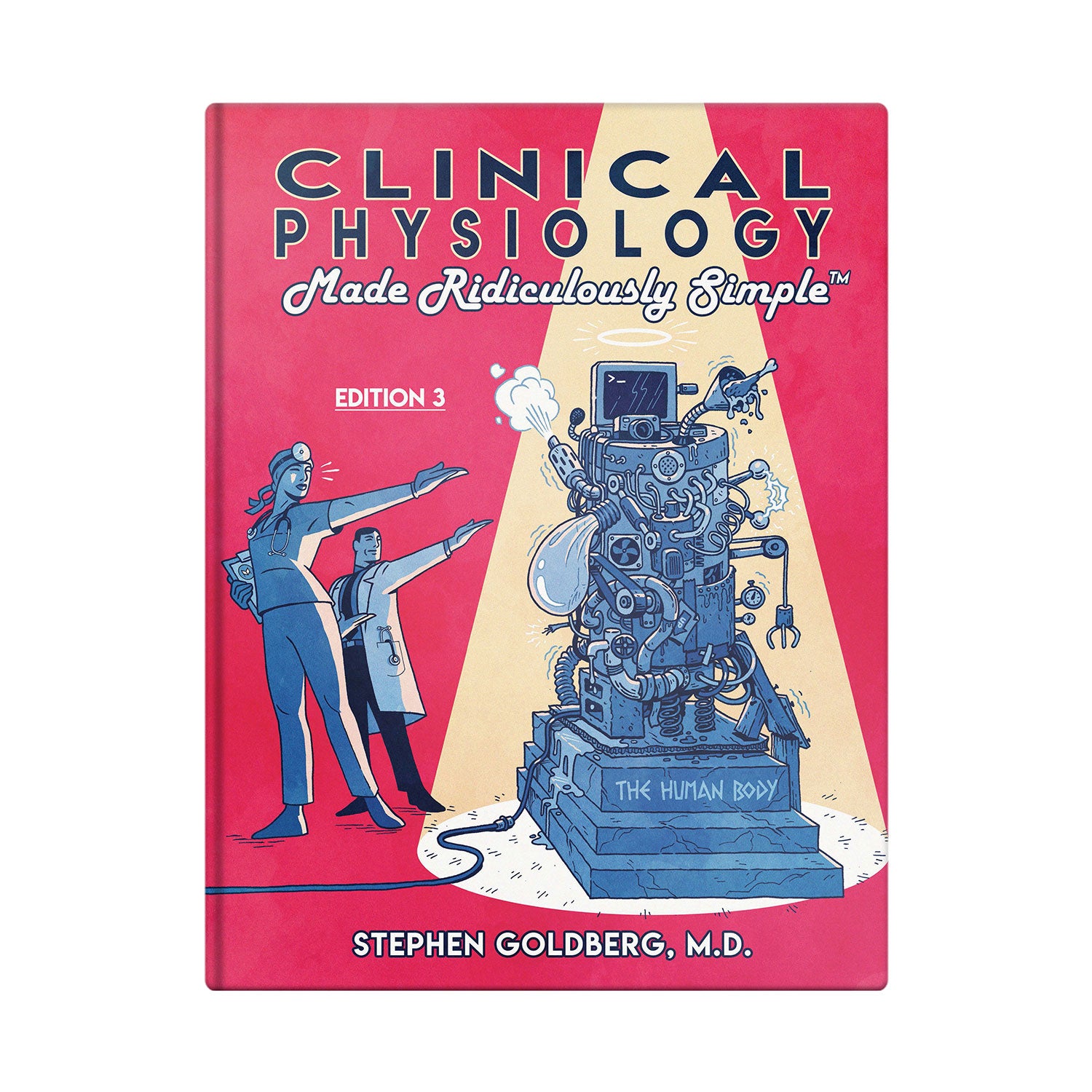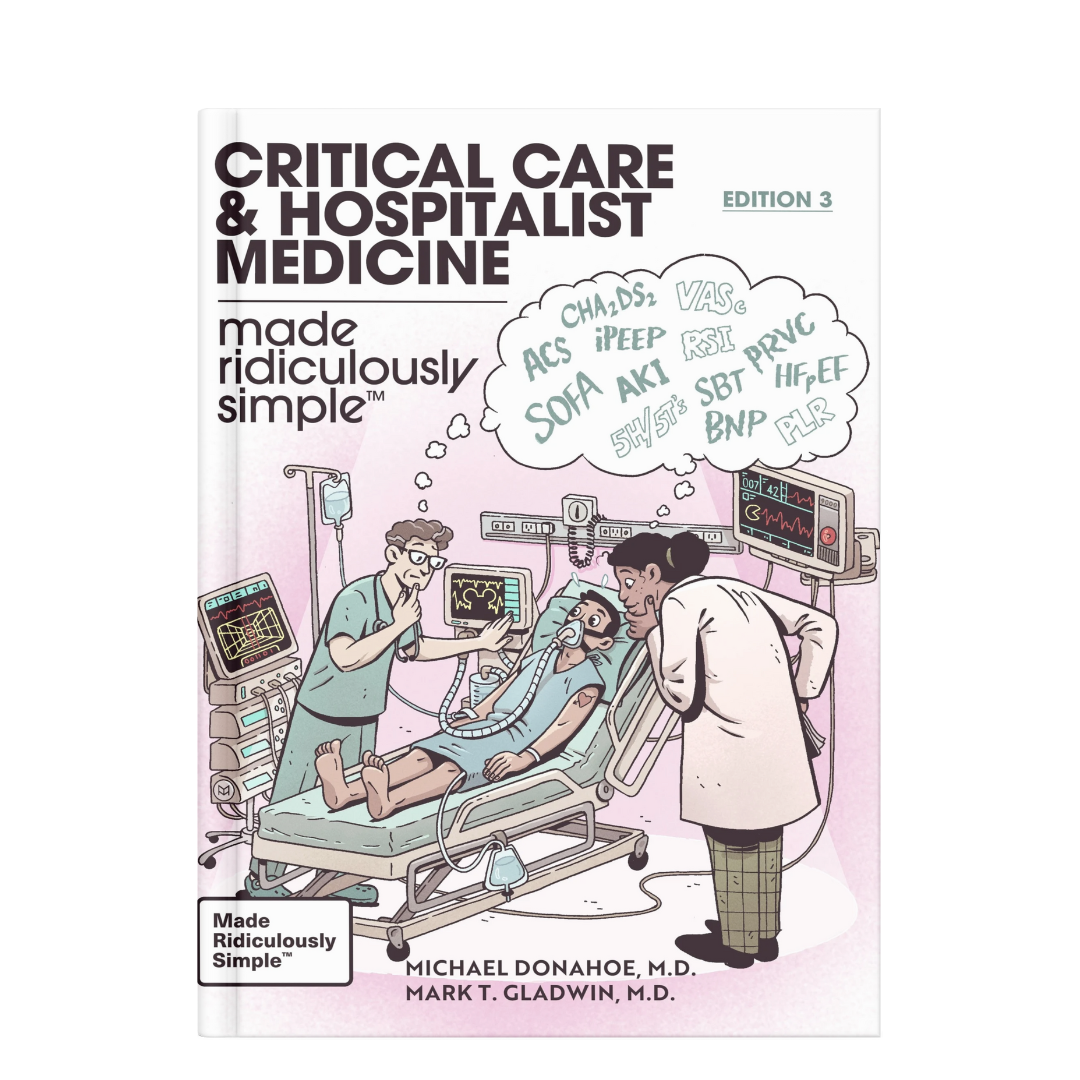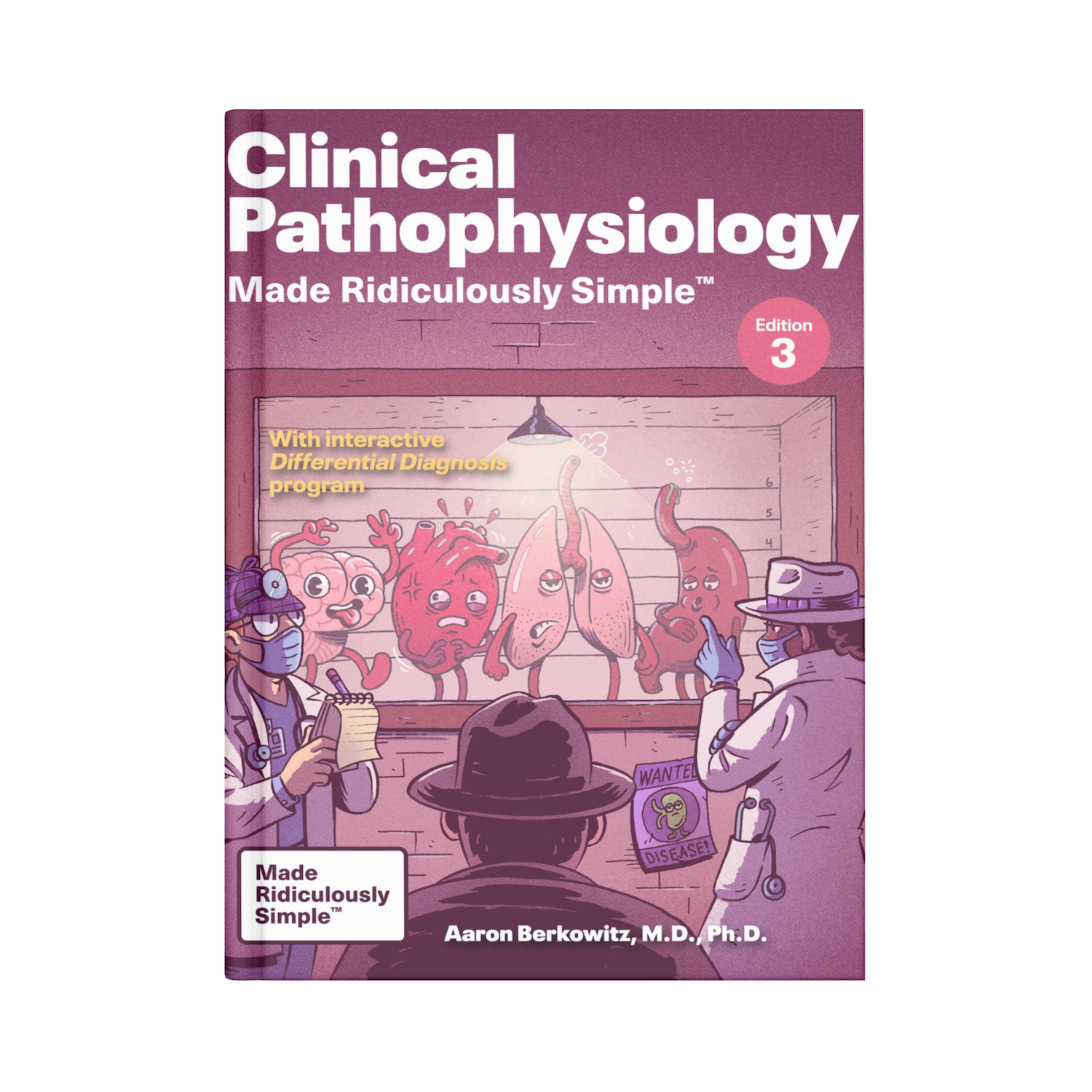
Ebooks Or Print Books? Which Should You Use?
Comparing medical student needs with those of general readers in other areas of interest is not necessarily useful.
Since so much of medical education involves reading, it is important to consider how eBooks compare with print books. Pros and cons of either method of reading have been presented in previous posts (A, B, C).
Which format do medical students prefer? Comparing medical student needs with those of general readers in other areas of interest is not necessarily useful. Someone reading a novel may have different preferences than a student who wants to underline, take notes, and study intensively for long periods.
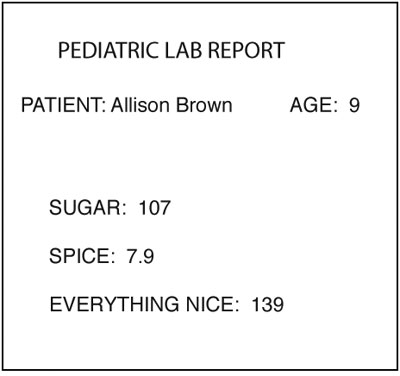
The impression I have from medical students is that preferences differ considerably. Some prefer eBooks because they are easily portable and generally cost less than print books. Also, it is easier to acquire eBooks outside the country of publication, due to high costs of shipping print books. Ebooks also have an advantage of easy searchability and the ability to link to other areas. They can provide audio and video and are more easily updated.
Other students, however, prefer print books. Not every book requires audio and video. While an eBook can provide an impressive 3D rotation of the complex hemoglobin molecule, how important is it to know this structure? Is it educational or eye candy? While current eBooks allow for highlighting and note-taking, it is easier to do this directly in a print book, and one can easily just flip from one page to the next. Also, the screen glare is disturbing to some; it can be fatiguing looking at a screen for a long time, and there is a question as to whether reading speed and retention may be superior in print books. There is also an intangible; there is something "cozy" about a print book that is not found in an eBook.
In view of the differences in preferences, it would make sense for a publisher to publish the same book in both print and eBook format, so that readers can decide for themselves. Presently, several factors delay the publishing of eBooks: One is the different formats of eBooks; an eBook may be available on one type of reading tablet but not another, and even when books are available on a number of reading tablets, the interfaces may differ and the books may look different on one tablet as compared with another. Some books can be read on one's computer desktop; others off the Internet, while others require a reading device. Also, some companies offer books using their proprietary reading applications, which are not available on Kindle, iPad, Nook, Android, or other reading tablets. This confusion is not the case with print books, where there is a single standard format; everyone knows how to use a print book and they are simple to use. If you want a print book, you can just go to a bookstore or major Internet distributor such as amazon.com or Barnes&Noble.com to purchase it. When the format and method of distributing eBooks become more standardized, this should increase the publication of eBooks, since a publisher can then develop an eBook in a single format and have it widely available, without having to prepare the book in a number of different formats for different eReading platforms.
Another factor holding up the production of eBooks is the evolving terms that eBook distributors such as amazon (Kindle), Apple (iPad), Barnes & Noble (Nook), etc. offer to publishers. These will need to be worked out and better standardized.
In addition, preparing an eBook that has many images and tables, particularly tables that spread across two pages in an 8.5" x 11" print book presents certain technical problems in trying to convert it to an eBook, since current eReaders offer a smaller viewing area, and there can be problems with the awkward reflow of text in tables.
Presently, Medmaster has begun developing a number of its titles in eBook format. These include Acid-Base, Fluids and Electrolytes Made Ridiculously Simple, The Four-Minute Neurologic Exam, Anatomy of the Soul, Med'Toons and Clinical Biostatistics Made Ridiculously Simple.
The Goldberg Files
The Goldberg Files is based on the struggles of Dr. Goldberg as well as those of his many students which he observed while teaching medical school for 25 years. This extensive blog is dedicated to assisting students in dealing with the stresses of medical education. Want to learn more?


